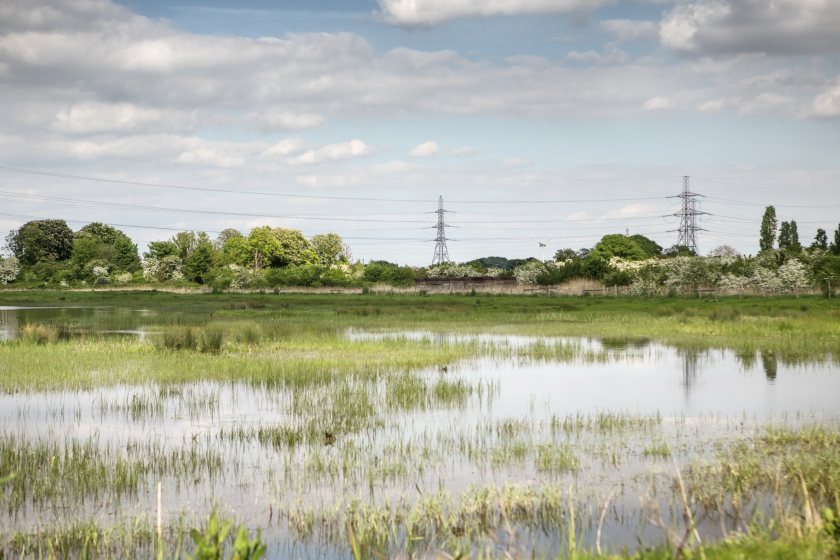
Heavy rainfall over the last 24 hours across the country has led to localised river and surface water flooding, the Environment Agency has said.
At 10am on Friday (27 September), there were 60 flood warnings, showing flooding is expected, and 119 flood alerts, showing flooding is possible.
So far, the heavy rain and thunderstorms have led to around 650 properties being flooded, the agency confirmed.
It said the current outlook indicated ongoing, minor river flooding expected in Northamptonshire, Cambridgeshire, Worcestershire, Bedfordshire, Gloucestershire, and Yorkshire.
Kate Marks, flood duty manager at the Environment Agency, said minor river flooding impacts were also possible into Saturday.
She said: “Following heavy rainfall across the country overnight, there has been localised river and surface water flooding across central England, Yorkshire and the North East.
"We urge people to plan their journeys carefully, follow the advice of local emergency services on the roads and not to drive through flood water – it is often deeper than it looks and just 30cm of flowing water is enough to float your car.
“People should check their flood risk, sign up for free flood warnings and keep up to date with the latest situation."
It comes as rural communities across the UK are increasingly on the frontline of extreme weather and the devastating impacts of flooding.
Last winter saw one of England’s wettest periods since records began in 1836, which left many thousands of acres of productive farmland under water.
A new partnership was launched earlier this week to support rural flood resilience and help farmers and communities adapt to extreme weather patterns.
The Rural Flood Resilience Partnership hopes to improve collaboration and support farmers in building their resilience to flood risks and coastal erosion.
It is made up of six organisations, including industry groups such as the NFU and the Country Land and Business Association (CLA).
NFU vice president, Rachel Hallos said the partnership aimed to help farmers to strengthen the resilience of their homes and businesses by providing practical solutions.
“It will also give rural communities the means to influence decision making, provide access to resources and support action on the ground, strengthening rural resilience to flooding in a changing climate."
